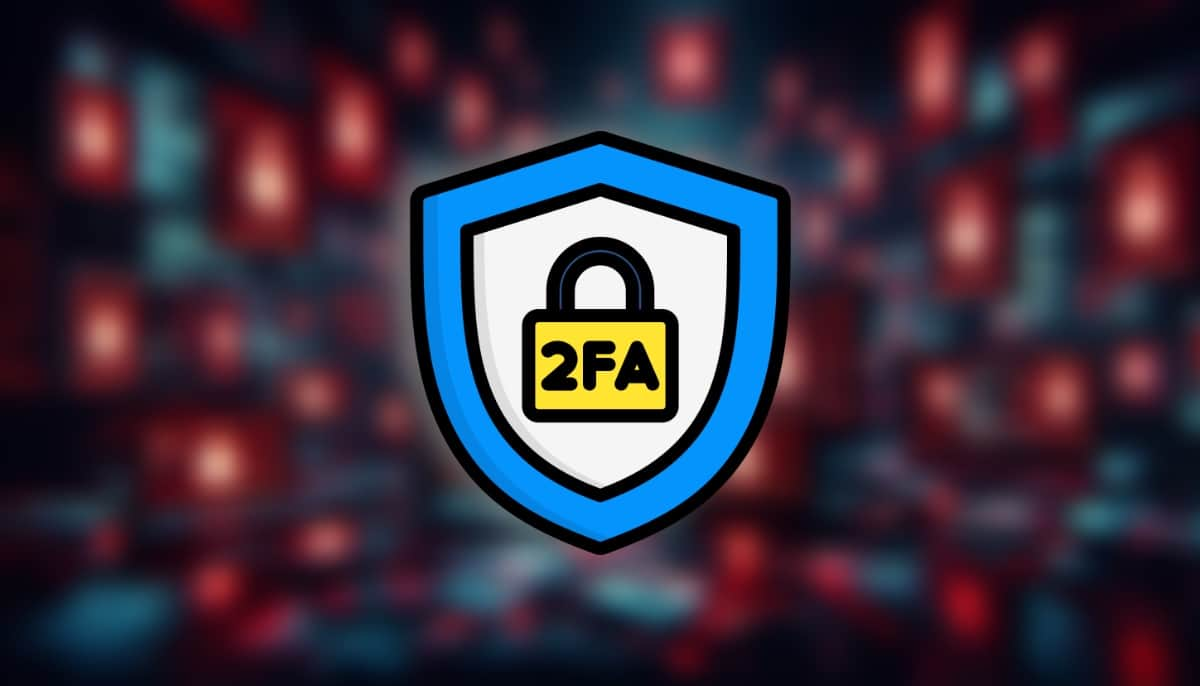Retirement is a big step, and your decisions before making the leap can make or break your future. From your savings and lifestyle goals to healthcare and taxes, everything matters. Retirement tools can help, but here are the 10 key factors you need to consider to retire confidently and ensure you’re set for a fulfilling, stress-free future.
Savings
How much you have saved is one of the most critical factors in deciding when to retire because it determines whether your money can sustain your lifestyle for the rest of your life. Without sufficient savings, you may face financial stress, be forced to return to work, or have to make drastic lifestyle cuts. A solid nest egg gives you the freedom to enjoy retirement with confidence and flexibility.
Don’t have enough saved yet? Here are the best stock trading apps.
Expenses


Knowing your expenses is just as important as knowing your savings when deciding to retire because it defines how much income you’ll need each month. Underestimating expenses can quickly drain even a well-funded retirement account. A clear, realistic understanding of your spending helps ensure your savings last and supports a stress-free retirement.
If you aren’t sure what your expenses are or want to run some trial post-retirement scenarios, here are the best budgeting tools.
Healthcare Coverage


If you retire before you qualify for Medicare, you’ll need to ensure you have medical coverage. This can be expensive, but without proper coverage, a single health issue could severely impact your finances. Securing reliable, affordable healthcare ensures peace of mind and protects your retirement savings.
If you need to cover a gap before Medicare kicks in, here are the best short-term health insurance plans.
Taxes


You’ll want to understand how your retirement income is being taxed and come up with a proper drawdown strategy. Withdrawals from retirement accounts, Social Security benefits, and even part-time income can all be taxable. Planning ahead helps you minimize taxes and keep more of your retirement income.
You’ll also want to consider estate and gift taxes and how you’ll pass along your money after you pass away.
Debts


Carrying debt into retirement can put pressure on a fixed income and limit your financial flexibility. The less debt you have, the more freedom you’ll have to enjoy your retirement without financial stress. Paying down or eliminating debt before retiring can lead to a more secure and peaceful future.
If you need to pay off some debts, here are the best debt snowball spreadsheets.
Long-term Care Planning


Long-term care can be one of the most significant and unpredictable expenses in retirement. Planning for it—through savings, insurance, or a care strategy—helps protect your assets and reduce the burden on loved ones. Being prepared ensures you can maintain dignity and choice if care needs arise later in life.
Looking to buy long-term care insurance? Here are the key factors to consider.
Housing


Consider the long-term impact of where you will live. Do you want to live near family, or would you rather be close to other retired folks? Does your house have stairs or other features that will be difficult to navigate as you age? Will you be able to continue the upkeep of your current home?
Also, downsizing can be a way to pull some equity from your home to help build up your nest egg. A well-planned housing decision can free up cash, reduce expenses, and enhance your quality of life.
Lifestyle Goals


Your lifestyle goals in retirement shape how much you’ll need to save and how you’ll spend your time. Whether it’s traveling, pursuing hobbies, or spending more time with family, having clear goals helps you plan for the right financial and personal support. Aligning your savings with your desired lifestyle ensures you can live retirement on your own terms.
Family


Considering your family’s needs and expectations is vital when planning for retirement, as it can impact both your finances and your emotional well-being. Whether you plan to help support children, provide for aging parents, or spend more time with loved ones, these responsibilities must be factored into your retirement budget. Clear communication with family members ensures you’re aligned on expectations and can help prevent surprises down the road.
Friends


Your friendships can play a significant role in your retirement experience, offering social support, activities, and a sense of community. Planning for how you’ll stay connected with friends—whether through travel, hobbies, or local activities—can enhance your retirement satisfaction. Strong friendships also provide emotional well-being, helping you navigate the transition from work to retirement with ease.
Read Next:








